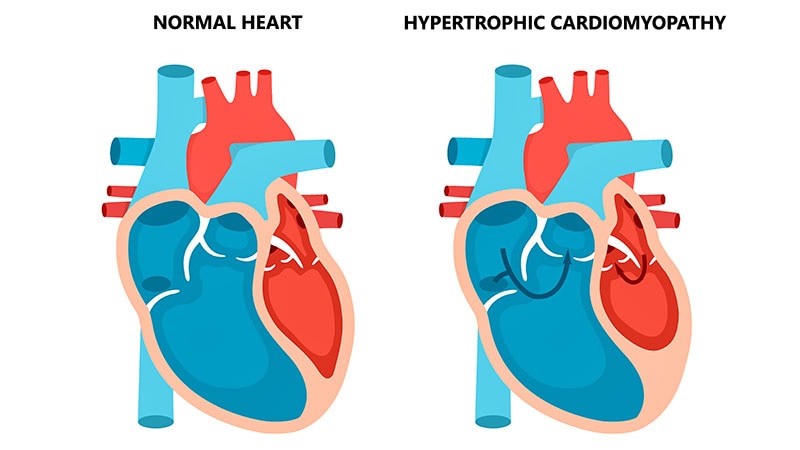A recent study published in The American Journal of Clinical Nutrition suggests that higher adherence to Mediterranean diet (MedDiet) is associated with better cognitive function and lower risk for poor cognitive performance in older adults, especially in those with a higher cardiovascular disease (CVD) risk.
Researchers investigated the association associations between MedDiet adherence and cognitive function in 8009 older adults (ages, 40–79 year) with dietary data at Health Check 1 (1993-1997) and cognitive function data at Health Check 3 (2006-2011) from the European Prospective Investigation into Cancer and Nutrition–Norfolk study.
Higher MedDiet adherence defined by pyramid score was associated with better global cognitive performance (β = −0.012±0.002), verbal episodic memory (β= −0.009±0.002; P<.001 for both), and simple processing speed (β = −0.002±0.001; P=.013). The risk for poor verbal episodic memory (OR, 0.784; 95% CI, 0.641-0.959; P=.018), complex processing speed (OR, 0.739; 95% CI, 0.601-0.907; P=.004) and prospective memory (OR, 0.841; 95% CI, 0.724-0.977; P=.023) was lower in the highest vs the lowest Pyramid MedDiet tertiles.
Both moderate (OR, 0.707; 95% CI, 0.551-0.908; P=.007) and high (OR, 0.667; 95% CI, 0.551-0.871; P=.003) MedDiet adherence defined by pyramid score was linked to lower risk for complex processing speed in older adults with high CVD risk.
The authors said, “Our findings will help to develop dietary recommendations to facilitate healthy cognitive aging.” “Older adults with higher CVD risk are a key population group for future randomised controlled trials evaluating lifestyle modifications to improve cognition performance during aging,” they added.



